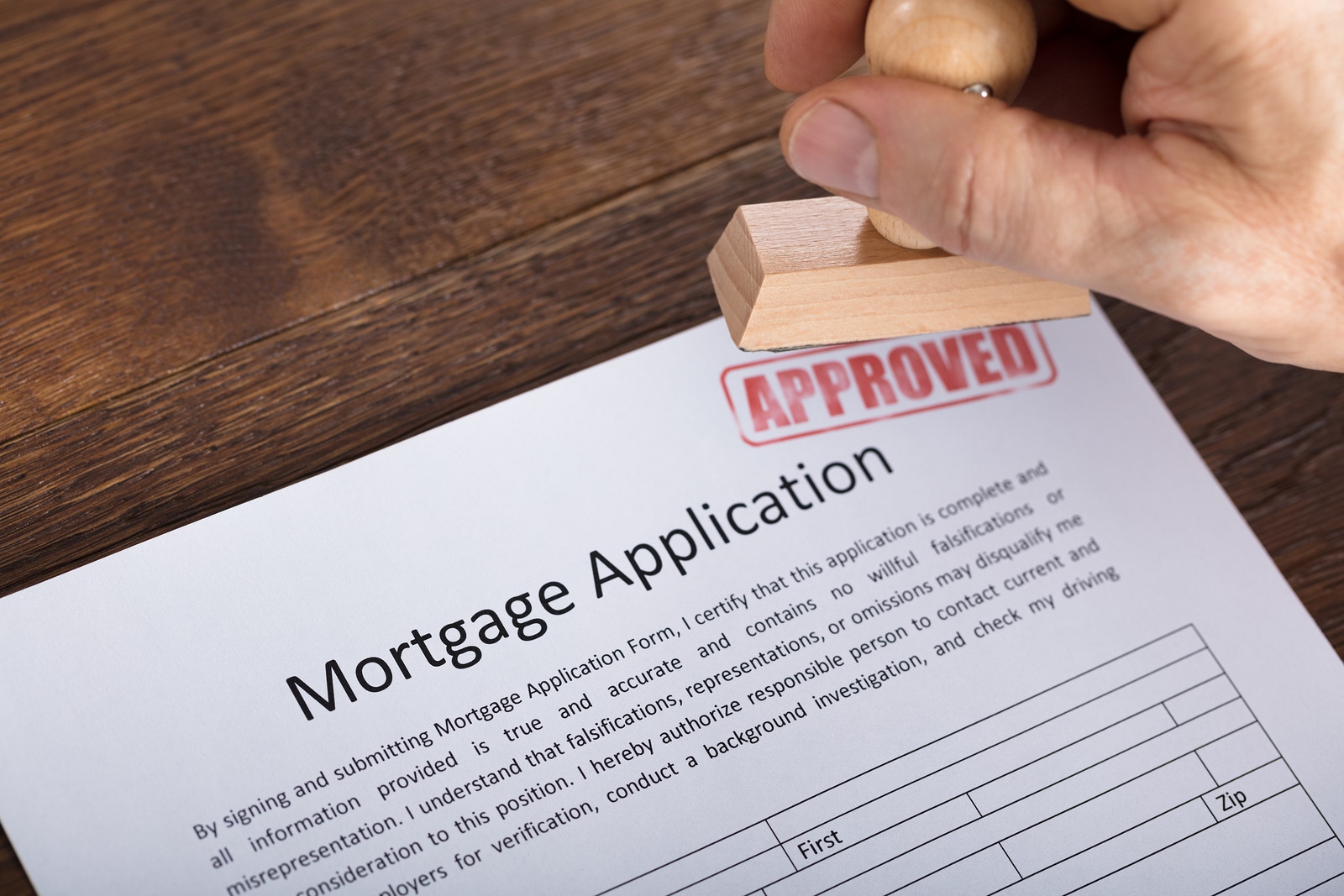Use our Mortgage Payment Calculator to calculate what your monthly payment would be:
There are a number of factors to consider when determining the size of the mortgage you can afford. You must consider the mortgage from the lender’s perspective as well as your own, while keeping in mind that many factors affect decisions by both sides.

Lender Considerations
The size of the mortgage you are able to obtain is directly affected by considerations from the lender, or the person you are borrowing money from. As a lender of money, they impose certain criteria and structures on mortgages to reduce risk and ensure you can pay them back. These considerations include:
Debt-to-Income Ratios
Lenders use both “Front-End” and “Back-End” ratios to assess how much home you can afford. A Front-End ratio is the percentage of your yearly gross income that will be used to pay for your mortgage (inclusive of the principal, interest, taxes, and insurance). A widely accepted rule of thumb is that this ratio should not exceed 28%, or you should not be paying more than 28% of your yearly gross income towards your mortgage.
A Back-End ratio is the percentage of your yearly gross income that will be required to cover all of your debts in total. This includes things like car loans, credit card payments, child support, etc. Most lenders suggest that this ratio not exceed 36%, or you should not be paying more than 36% of your yearly gross income towards all of your debts in total.
Down Payment
The down payment is another important consideration from the lender’s perspective. Most mortgage lenders require at least a 3% down payment, although they are often times larger based on the borrower’s preference. The size of the down payment is important because it directly affects mortgage payments and therefore affects the Debt-to-Income ratios.
Personal Considerations
The size of your mortgage is also determined by personal considerations such as how much debt you already have, your lifestyle and spending habits, and the interest rate of the mortgage.
Income
Overall income is an important component when considering the size of home loan you can afford. Important questions to consider are: How much money do you make every year? Are you dependent on one income or two? How stable is your job? Are you expecting any raises or promotions in the next year or two?
Expenses and Debt
The size of your loan affects your monthly mortgage payments, and it is therefore important to also consider what other expenses and debt you currently have or may have in the future. Are you paying for one or more car loans? How large is your health insurance policy? Do you have any remaining student debt? What is the cost of living in the area around the home? Do you plan to have children in college in the future?
Lifestyle and Spending Habits
Lifestyle and spending habits are also important considerations when it comes to mortgage size, both from a budgetary and personal preferences perspective. Do you like to take vacations every year? How much do you currently spend on eating out, buying new clothes, partaking in entertainment? Are you comfortable with spending a large percentage of your paycheck on a home loan every month? Or would you rather keep it small?
Interest Rate of the Loan
This ties into other considerations, but it’s important to also note interest rates. Interest rates are set by the lender and directly affect the amount paid every month by the borrower. The larger the mortgage, the larger your interest payments are every month.
Credit Score
The last personal consideration to note is credit score. While this varies from person to person, your credit score directly affects your overall viability for a loan in addition its potential size. Put simply, the higher your credit score, the more likely you are to be able to obtain a loan and the lower your interest rate will be. Credit scores of 740 or higher are most often be qualified for the best interest rates, while it is difficult to obtain a mortgage altogether with a credit score of 620 or below.
